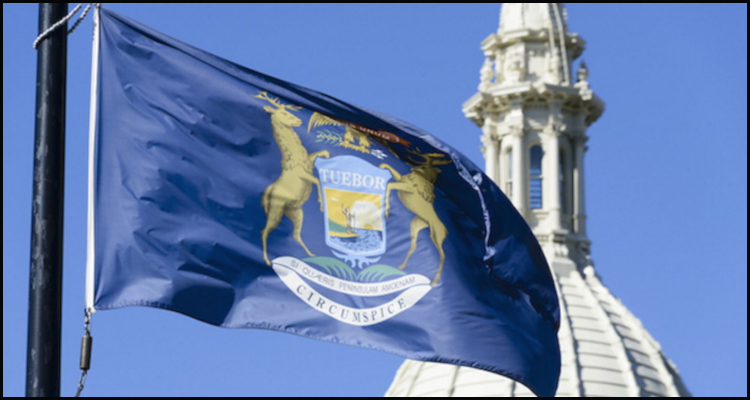The Michigan House of Representatives reportedly passed a wide-ranging piece of legislation earlier this week that could soon see the Midwestern state become the latest to legalize sportsbetting, fantasy sports competitions and online casino gambling.
According to a Wednesday report from The Detroit News newspaper, the 110-member body signed off on House Bill 4307 by a margin of 89 to 16, which means that the legislation is now due to be sent for a ballot before the similarly Republican-controlled Michigan State Senate.
Detroit demand:
The newspaper reported that the legislation passed on Wednesday evening would allow every one of the 26 casinos in Michigan to apply for a sportsbetting license with tribal venues subjected to a revenue tax of 8.75%. For Detroit’s commercially-run MGM Grand Detroit, Greektown Casino-Hotel and MotorCity Casino Hotel, this rate would purportedly be set at a higher 12% to reflect a city-imposed 3.25% duty.
iGaming investment:
Regarding online casino operations and The Detroit News reported that the legislation moreover calls for the establishment of a tiered tax system that would start at 4% of revenues before topping out at 23%. The three casinos in Detroit would again purportedly be subjected to an elevated rate with the local duty pushing their high water mark up to 26.25%.
Added advantages:
The Detroit News reported that House Bill 4307  furthermore contains measures that would exempt more casino licensees from background checks and mandate that associated suppliers be subjected to annual rather than quarterly examinations. The legislation introduced by Michigan Representative Brandt Iden (pictured) would purportedly also allow individuals with a past criminal record to become a licensee and lift a measure that currently bans casino operators and their employees from making political contributions.
furthermore contains measures that would exempt more casino licensees from background checks and mandate that associated suppliers be subjected to annual rather than quarterly examinations. The legislation introduced by Michigan Representative Brandt Iden (pictured) would purportedly also allow individuals with a past criminal record to become a licensee and lift a measure that currently bans casino operators and their employees from making political contributions.
Second struggle:
The newspaper reported that Iden was ultimately unsuccessful with a first attempt to get sportsbetting legalized last month after his measure failed to make it through the Michigan State Senate. This was reportedly due to the provision concerning political contributions although the Republican is now hopeful that this subsequent crack will prove more fruitful and see his measure signed into law by Michigan Governor Gretchen Whitmer early next year.



